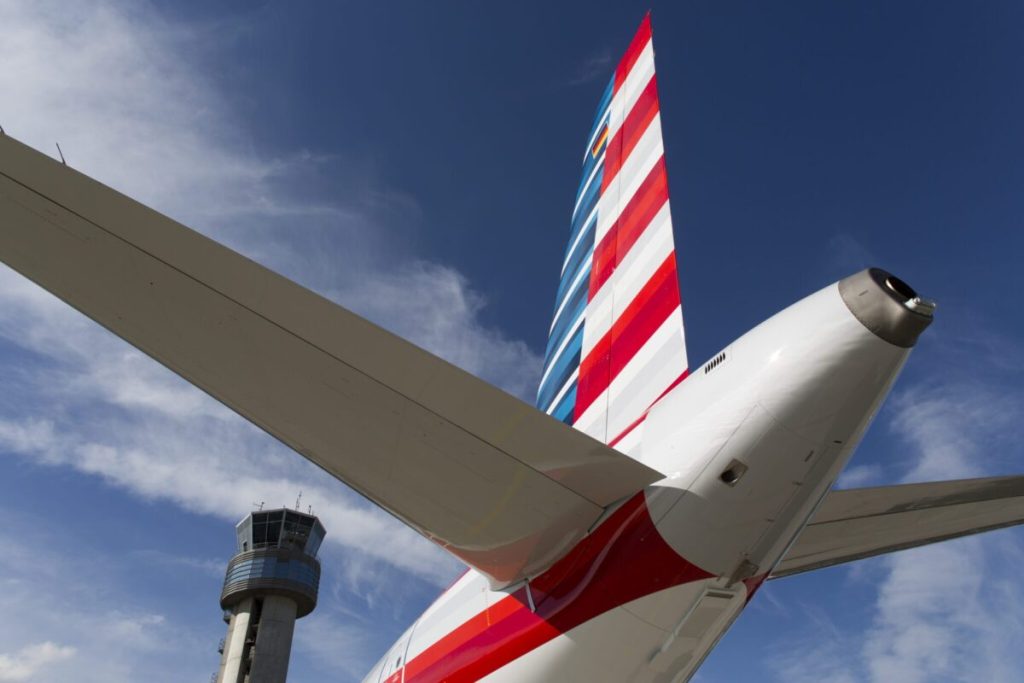The American Airlines pilots’ union has raised concerns about safety and maintenance incidents that have been increasing, similar to the scrutiny faced by United Airlines. The union alleges that there have been issues such as tools left in wheel wells and decreased maintenance checks overnight. Pressure to return aircraft to service to maintain on-time performance amid a shortage of planes has also been cited as a concern. The union has had discussions with management regarding these issues, with the aim of having earlier involvement in safety risk assessments, and while the response has been described as encouraging, there are still concerns about changes being made to safety processes that may not necessarily be safe or smart.
American Airlines has stated that safety is a shared mission and highlighted their industry-leading safety management system, which includes collaboration with the FAA and all unions, including the Allied Pilots Association (APA). They also mentioned regular touchpoints with these stakeholders to further enhance their safety record and culture. However, the union has noticed greater intervals between routine aircraft inspections and abbreviated flight check tests after heavy maintenance or long-term storage. The focus on safety in the airline industry has escalated since an incident involving an Alaska Airlines 737 Max 9 in January, leading to increased scrutiny on United Airlines following a series of safety incidents in March.
United Airlines faced criticism for incidents such as a panel falling off a Boeing 737-800, an engine emitting flames on a departing jet from Houston, and another plane sliding off the runway in the same city. United’s CEO emphasized safety as the carrier’s highest priority in a message to customers, and the Federal Aviation Administration (FAA) increased its oversight of the airline following the incidents. This led to potential delays in future projects based on the agency’s findings. As a result, United had to postpone the launch of flights from Newark to Faro, Portugal, and Tokyo to Cebu in the Philippines. The spotlight on safety in the airline industry is prompting greater accountability and measures to ensure the well-being of passengers and crew.
The concerns raised by the pilots’ union regarding safety protocols at American Airlines indicate a need for further transparency and collaboration between management and frontline employees. While the airline maintains that it has a robust safety program in place, the union’s observations of potential compromises in safety processes highlight the importance of ongoing vigilance and responsiveness to safety concerns. In an industry where safety is paramount, any lapses or deviations from established protocols can have significant implications for the well-being of passengers and staff. The incidents at United Airlines serve as a reminder of the consequences of overlooking safety measures and the importance of proactive measures to address potential risks before they escalate.
The increased oversight from regulatory agencies such as the FAA underscores the need for airlines to prioritize safety and compliance with established protocols. The delay in launching new flights by United Airlines following the FAA’s scrutiny indicates the serious consequences that airlines may face if safety issues are not addressed promptly and effectively. The focus on safety culture and risk assessment processes within airlines is critical to maintaining high safety standards and ensuring that incidents are minimized. By addressing concerns raised by frontline employees and industry stakeholders, airlines can demonstrate their commitment to safety and build trust among passengers and employees. Overall, the incidents at American and United Airlines highlight the ongoing challenges faced by the industry in maintaining high safety standards and the importance of a collaborative approach to address safety issues promptly and effectively.


